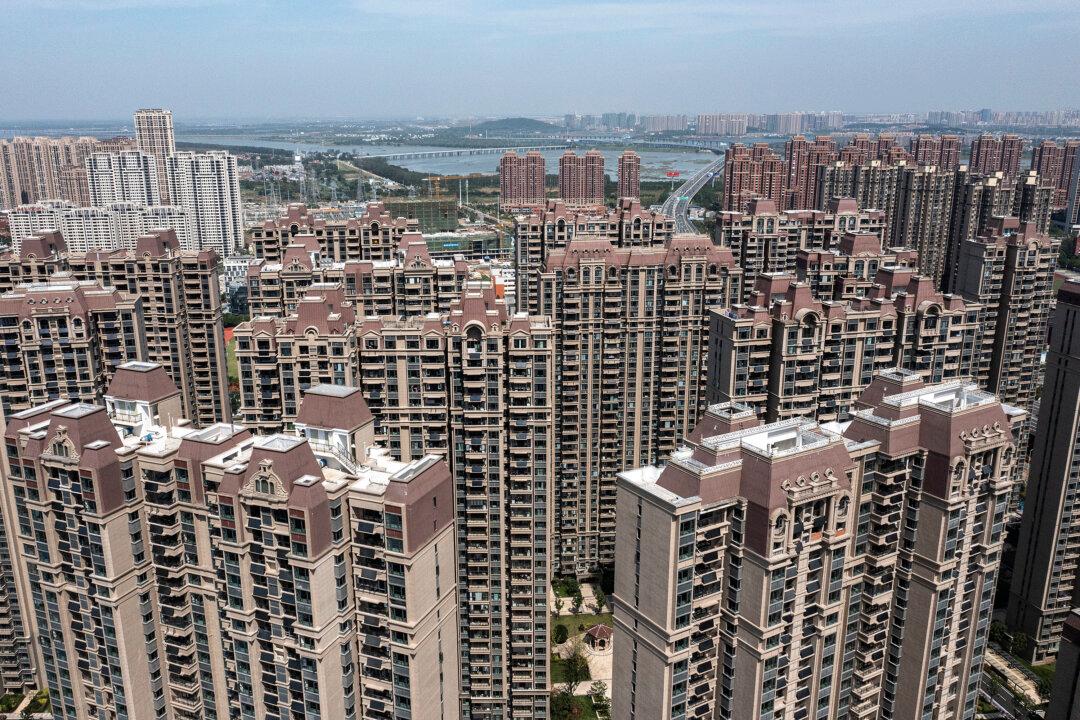Commentary
The collapse last week of China’s largest property developer, Evergrande, marked the inevitable conclusion to a saga that exposes the flaws in communist economic model.

The collapse last week of China’s largest property developer, Evergrande, marked the inevitable conclusion to a saga that exposes the flaws in communist economic model.